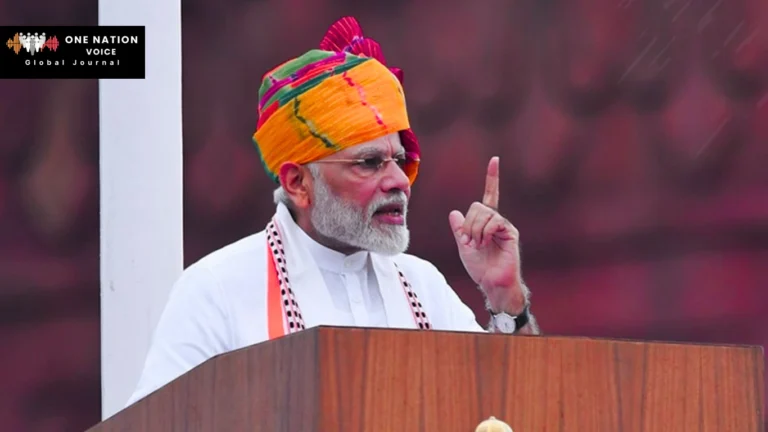Pakistan’s frustration with Afghan support to TTP

Pakistan’s frustration with Afghan support to TTP
Pakistan’s patience with Afghanistan is wearing thin, and it is not hard to see why it is so. After years of giving Kabul the benefit of doubt, Islamabad now feels like it is dealing with an ungrateful neighbor that is quietly letting terrorists to run wild next door. Basically, the frustration comes down to three things. First, the Afghan Taliban’s unwillingness to act against the Tehrik-i-Taliban Pakistan (TTP) frustrates cross-border ties. Second, a growing number of Afghan nationals are showing up in attacks inside Pakistan. Last, Kabul’s coziness with India is in the spotlight at a time, when Pakistani soldiers are dying in the fight against cross-border terrorism.
Reaction of Pakistan towards Afghanistan
For years, Pakistan has been sharing solid intelligence about Tehrik-i-Taliban Pakistan (TTP) and Baluch Liberation Army (BLA) camps across the border. These are mostly in Afghan provinces adjacent to Khyber Pakhtunkhwa and Baluchistan. According to Islamabad, those sites have not been dismantled, rather they have grown. It is the kind of detail that makes Pakistanis feel like all the “we will not let our soil be used against anyone” type of statements from the Islamic Emirate of Afghanistan (IAG) as just empty words.
Adding insult to injury, Islamabad says TTP’s top leadership is openly living in Kabul. Noor Wali Mehsud, the group’s chief, is said to be under regime protection, and getting thousands of dollars every month in funding.
Pakistan sees this as clear cut state backed terrorism. Even if the numbers are exaggerated, the point is that Pakistan believes that the TTP is not hiding, rather it is thriving under Afghan eyes.
Similarly, there is also the makeup of recent terror attacks. Security agencies say that around 80% of the militants involved in infiltration attempts along the border are Afghan nationals. That is not just a Pakistani problem, but it is a sign that Afghanistan’s internal control has weakened, and that certain Afghan factions are turning a blind eye towards it. In one major attack on the Frontier Constabulary headquarters in Bannu, half of the attackers including the suicide bomber, were Afghans. Hence, for Pakistan, this is a proof that Afghan territory is not just being passively used but is being actively weaponized.
Weaponization of Afghan Taliban
Furthermore, the weapons angle makes this all more dangerous. When the United States and NATO left Afghanistan, about $7 billion worth of arms and equipment were left behind. Pakistan’s security agencies stance is that a good chunk of these weapons ended up in the hands of TTP and BLA fighters. Besides, they claim that Afghan commanders are selling them off to militants. Now if that is corruption, desperation, or complicity, the result is the same. The result is that Pakistani soldiers are being hit with United States’ grade weaponry, smuggled in from across the border.
While all this is happening, Afghanistan’s acting foreign minister, Mr. Amir Khan Muttaqi, recently paid an eight day visit to India. He was accompanied by Afghan intelligence officers, and according to Pakistani sources he met with India’s national security adviser, Mr. Ajit Doval. The optics could not be worse. For Islamabad, it reinforces the belief that there is now a quiet understanding between Kabul, New Delhi, and anti-Pakistan militant outfits. During the visit, India even announced plans to upgrade its Kabul mission to a full embassy, something Pakistan interprets as a reward for Afghanistan, as it allows its soil to be used against them.
To be clear, Pakistan has done a lot for Afghanistan over the decades. It hosted millions of refugees through war and famine, allowed Afghan trade through its ports duty free, and looked the other way when that trade turned into rampant smuggling that hurt Pakistan’s economy.
The border has stayed porous, often more out of goodwill than convenience. But that generosity, Pakistan now argues has been thoroughly abused.
Human Cost of Porous Afghan border
Additionally, the human cost has been heavy. In the last two years, hundreds of Pakistani security personnel have been killed or injured in attacks linked to militants based in Afghanistan. Civilian casualties are climbing too. Pakistan’s message now is this that enough is enough. It would not tolerate anymore Afghan territory being used as a sanctuary for those killing its people.
The sense in Islamabad is that Afghanistan has a choice to make, either work with Pakistan for peace, or keep siding with militants and India. There is no middle ground left. Islamabad says it will use every diplomatic, legal, and strategic tool available to protect its borders and its people.
Still, this is not an easy fix. Pakistan can demand action, but Kabul’s control over the patchwork of militant factions inside its borders is shaky at best. Meanwhile, Pakistan’s anger is understandable, open confrontation would risk turning an already tense frontier into a permanent conflict zone.
If there is a way forward, it will have to involve transparency and some real and verifiable steps like dismantling terror camps, honest intelligence sharing, and cutting off the money and weapons supply. Otherwise, both sides would risk slipping into a tit for tat cycle that neither can afford.
For now, Pakistan’s frustration is more than political. It is personal. After decades of sacrifice, it feels betrayed by a neighbor it once sheltered, and it is running out of patience while waiting for promises that does not seem to materialize.
The views and opinions expressed in this article are exclusively those of the author and do not reflect the official stance, policies, or perspectives of the Platform.
















One thought on “Pakistan’s frustration with Afghan support to TTP”